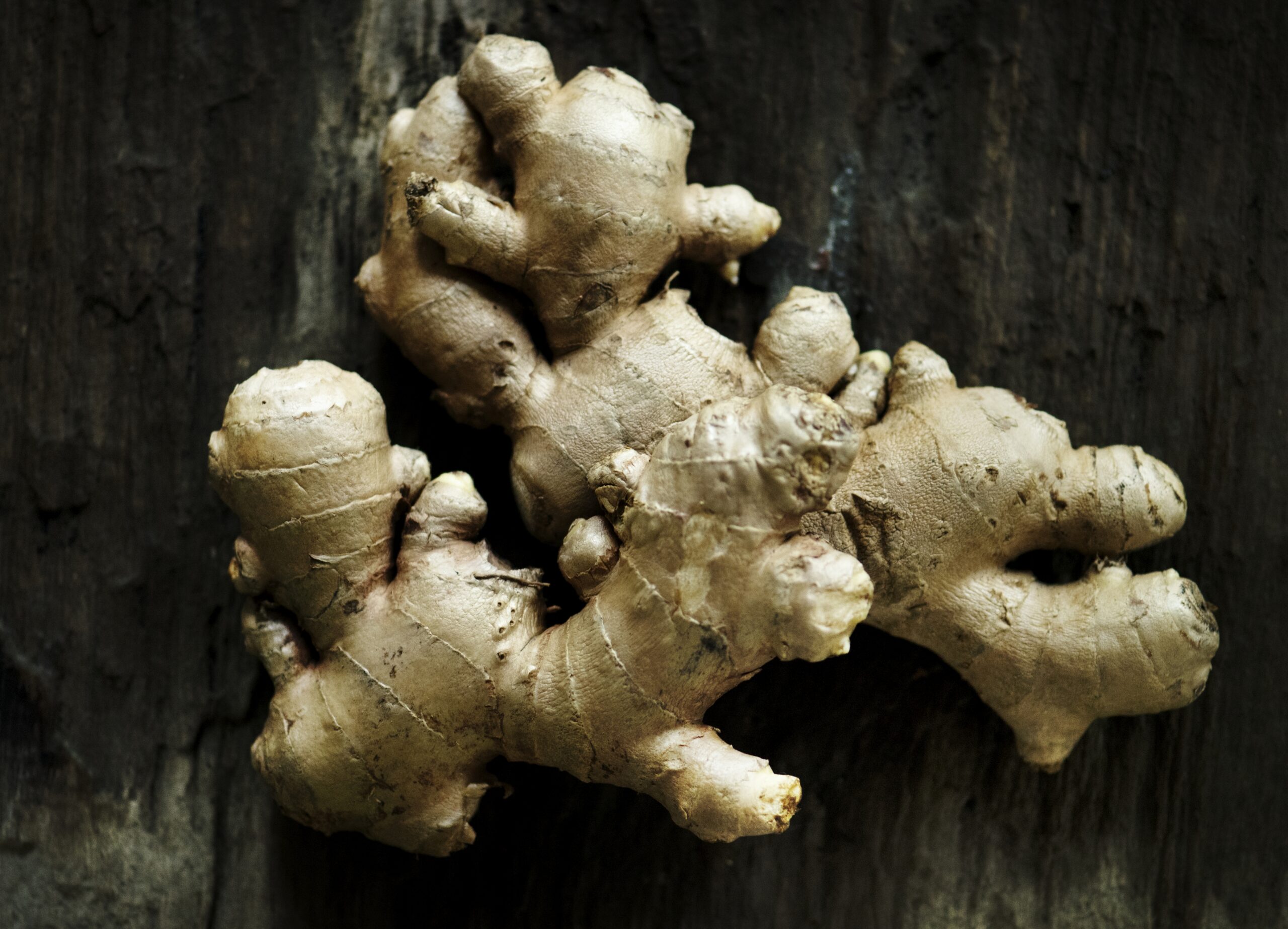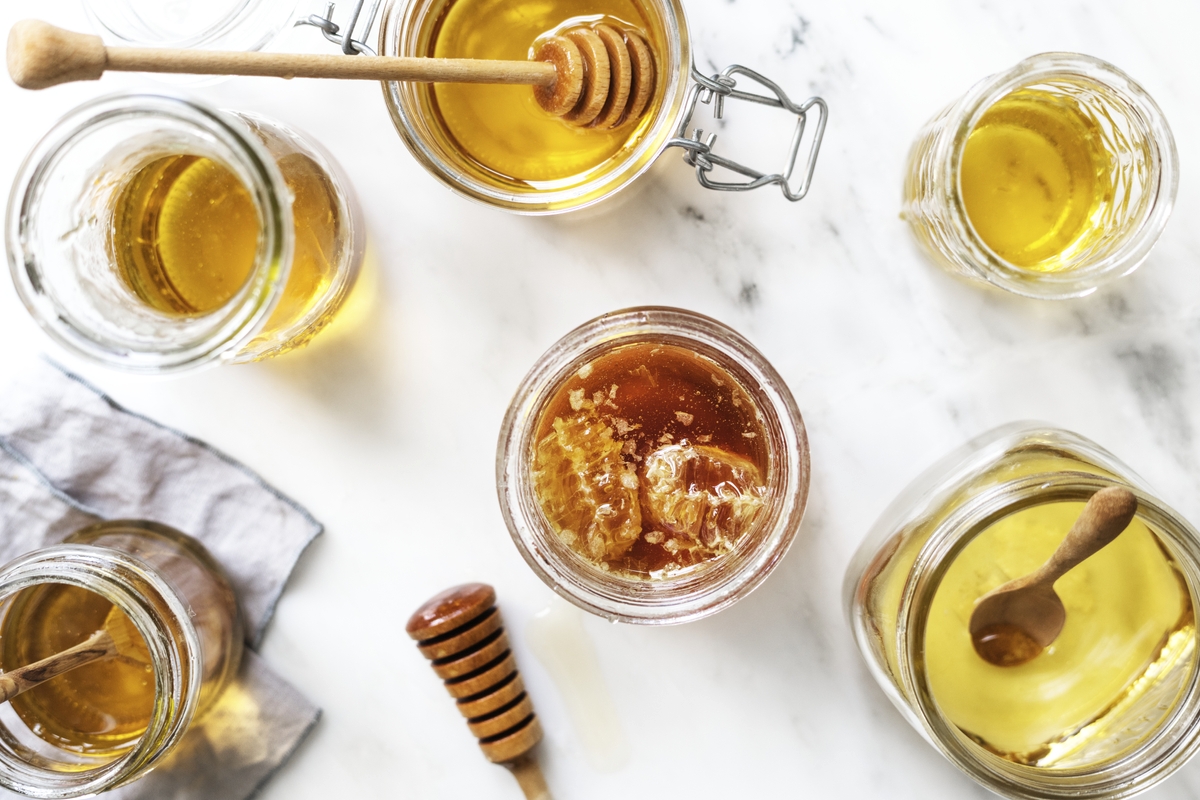
Top 20 Organic Remedies for Common Health Problems
Organic remedies have been used for centuries to treat a wide range of ailments, from the common cold to chronic diseases. They are made from natural ingredients, such as plants, herbs, and minerals, and are often considered to be safer and more gentle than conventional medications.
In this blog post, we will discuss the top 20 organic remedies for a variety of common health problems. We will also provide information on how to use these remedies safely and effectively.
Benefits of using organic remedies
There are many benefits to using organic remedies:
- Safety: Organic remedies are generally safe for most people to use, even children and pregnant women. However, it is important to talk to your doctor before using any organic remedy, especially if you have any underlying health conditions or are taking other medications.
- Effectiveness: Organic remedies have been shown to be effective in treating a variety of common health problems. For example, studies have shown that honey can help to shorten the duration of a cold, and ginger can help to relieve nausea and vomiting.
- Affordability: Organic remedies are often more affordable than conventional medications.
- Accessibility: Organic remedies are widely available at health food stores, pharmacies, and online retailers.

Top 20 organic remedies
Colds and flu
Honey: Honey has antibacterial and antiviral properties, and it can help to soothe a sore throat and cough. To use honey for a cold or flu, take 1-2 teaspoons of honey several times a day. You can also add honey to tea or warm water.
Elderberry: Elderberry has been shown to shorten the duration of a cold or flu. To use elderberry for a cold or flu, take 1-2 tablespoons of elderberry syrup or 100-200 milligrams of elderberry extract three times a day.
Echinacea: Echinacea can help to boost the immune system and fight off infection. To use echinacea for a cold or flu, take 400-500 milligrams of echinacea tincture or extract three times a day.
Vitamin C: Vitamin C can help to boost the immune system and shorten the duration of a cold. To use vitamin C for a cold, take 1,000-2,000 milligrams of vitamin C per day.
Zinc: Zinc can help to reduce the severity of cold and flu symptoms. To use zinc for a cold, take 75-100 milligrams of zinc lozenges or capsules per day.
Ginger: Ginger has anti-inflammatory and antiviral properties, and it can help to soothe a sore throat and cough. To use ginger for a cold, drink ginger tea or chew on a piece of fresh ginger several times a day.

Headaches
Feverfew: Feverfew is an herb that has been shown to be effective in preventing and treating migraines. To use feverfew for headaches, take 200-400 milligrams of feverfew extract per day.
Peppermint oil: Peppermint oil has anti-inflammatory and pain-relieving properties. To use peppermint oil for a headache, rub a few drops of peppermint oil on your temples or forehead. You can also add a few drops of peppermint oil to a diffuser or to a bowl of hot water and inhale the steam.
Willow bark: Willow bark contains salicin, which is converted to salicylic acid in the body. Salicylic acid is the active ingredient in aspirin. To use willow bark for a headache, take 240-480 milligrams of willow bark extract per day.
Muscle aches
Turmeric: Turmeric contains curcumin, a compound with powerful anti-inflammatory properties. To use turmeric for muscle aches, take 500-1,000 milligrams of turmeric extract per day. You can also add turmeric to your food.
Ginger: Ginger has anti-inflammatory and pain-relieving properties. To use ginger for muscle aches, drink ginger tea or chew on a piece of fresh ginger several times a day. You can also apply a ginger compress to the affected area.
Arnica gel: Arnica gel is a topical medication that can be used to relieve muscle aches and pain. To use arnica gel for muscle aches, apply it to the affected area three to four times a day.

Stomach aches
Peppermint oil: Peppermint oil has anti-inflammatory and pain-relieving properties. To use peppermint oil for a stomachache, rub a few drops of peppermint oil on your stomach or add a few drops of peppermint oil to a cup of tea.
Chamomile tea: Chamomile tea has calming and anti-spasmodic properties. To use chamomile tea for a stomachache, drink a cup of chamomile tea several times a day.
Ginger: Ginger has anti-inflammatory and pain-relieving properties. To use ginger for a stomachache, drink ginger tea or chew on a piece of fresh ginger.
Diarrhea
Ginger: Ginger has anti-inflammatory and anti-spasmodic properties. To use ginger for diarrhea, drink ginger tea or chew on a piece of fresh ginger.
Probiotics: Probiotics are live bacteria that are like the beneficial bacteria that naturally live in your gut. Probiotics can help to restore balance to the gut flora and relieve diarrhea. To use probiotics for diarrhea, take a probiotic supplement or eat probiotic-rich foods, such as yogurt and kefir.
Slippery elm bark: Slippery elm bark has a soothing and mucilageous effect on the digestive tract. To use slippery elm bark for diarrhea, mix 1-2 teaspoons of slippery elm bark powder in a glass of warm water and drink it.

Constipation
Psyllium husk: Psyllium husk is a soluble fiber that bulks up stool and makes it easier to pass. To use psyllium husk for constipation,
Aloe vera: Aloe vera is a succulent plant that has been used for centuries to treat a variety of skin conditions, including eczema, psoriasis, and sunburn. Aloe vera gel can be applied directly to the skin to soothe and heal irritation. It can also be taken internally to improve digestion and relieve constipation.
Magnesium: Magnesium is an essential mineral that participates in many bodily functions, including muscle contraction, nerve function, and blood pressure regulation. Magnesium deficiency can lead to a variety of health problems, including constipation, muscle cramps, and headaches. Magnesium supplements can be taken to improve magnesium levels and relieve these symptoms.
Coconut oil: Coconut oil is a saturated fat that is derived from coconut palm. It has been shown to have several health benefits, including improving heart health, boosting the immune system, and promoting weight loss. Coconut oil can also be used topically to moisturize the skin and hair.
Oatmeal baths: Oatmeal baths are a popular home remedy for eczema and psoriasis. Oatmeal has anti-inflammatory and soothing properties that can help to relieve itching and irritation. To take an oatmeal bath, add 1-2 cups of ground oatmeal to a warm bath and soak for 15-20 minutes.
Calendula cream: Calendula cream is a topical ointment that is made from the calendula flower. It has been shown to be effective in treating a variety of skin conditions, including eczema, psoriasis, and diaper rash. Calendula cream can also be used to heal wounds and burns.
Tea tree oil: Tea tree oil is an essential oil that is derived from the Australian tea tree. It has antibacterial and antifungal properties, and it can be used to treat a variety of skin conditions, including acne, eczema, and psoriasis. Tea tree oil can also be used to repel insects and treat minor cuts and scrapes.

Salicylic acid: Salicylic acid is a beta hydroxy acid that is derived from willow bark. It is a common ingredient in acne treatments, and it can be used to exfoliate the skin and remove dead skin cells. Salicylic acid can also be used to treat dandruff and psoriasis.
Honey: Honey is a natural sweetener that is produced by bees. It has antibacterial and antifungal properties, and it can be used to treat a variety of skin conditions, including wounds, burns, and eczema. Honey can also be used to soothe a sore throat and cough.
Ashwagandha: Ashwagandha is an adaptogenic herb that has been used in traditional Indian medicine for centuries. It has been shown to reduce stress and anxiety, improve sleep quality, and boost the immune system. Ashwagandha can be taken in capsule or powder form.
Lavender: Lavender is an herb that is known for its calming and relaxing properties. It can be used to improve sleep quality, reduce anxiety, and relieve headaches. Lavender can be used in aromatherapy, or it can be taken in capsule or powder form.
St. John’s wort: St. John’s wort is an herb that has been used for centuries to treat depression. It has been shown to be effective in relieving mild to moderate depression symptoms. St. John’s wort can be taken in capsule or powder form.
Melatonin: Melatonin is a hormone that helps to regulate sleep-wake cycles. It can be used to improve sleep quality and reduce sleep latency. Melatonin can be taken in supplement form.
Chamomile tea: Chamomile tea is a popular herbal tea that has been used for centuries to promote relaxation and sleep. It has also been shown to be effective in relieving anxiety and indigestion. Chamomile tea can be made by steeping chamomile flowers in hot water for 5-10 minutes.
Valerian root: Valerian root is an herb that has been used for centuries to treat anxiety and insomnia. It has been shown to be effective in improving sleep quality and reducing sleep latency. Valerian root can be taken in capsule or powder form.
These are just a few of the many organic remedies that can be used to treat a variety of health problems. If you are considering using an organic remedy, be sure to talk to your doctor first, especially if you have any underlying health conditions or are taking any medications.

Top Remedies Used Daily in The United States
According to a 2022 study by the National Center for Complementary and Integrative Health (NCCIH), the three most used organic remedies in the United States on a daily basis are:
- Multivitamins: Multivitamins are taken to supplement the diet with essential vitamins and minerals. They are often used to improve overall health and well-being, boost energy levels, and support the immune system.
- Probiotics: Probiotics are live bacteria that are like the beneficial bacteria that naturally live in your gut. They are often used to improve gut health, boost the immune system, and relieve digestive problems.
- Fish oil: Fish oil is a good source of omega-3 fatty acids, which are essential for heart health, brain function, and inflammation reduction. Fish oil supplements are often used to improve heart health, reduce cholesterol levels, and boost cognitive function.
These three remedies are all considered to be safe and effective for most people. However, it is always important to talk to your doctor before starting any new supplement, especially if you have any underlying health conditions or are taking any medications.
It is also important to note that the NCCIH study did not include herbal remedies, such as chamomile tea, ginger, and turmeric. These remedies are also extremely popular in the United States, and they are often used to treat a variety of health problems.
If you are interested in using organic remedies to improve your health, be sure to talk to your doctor. They can help you choose the right remedies for your individual needs and make sure that they are safe for you to use.
Organic remedies can be a safe and effective way to treat a variety of common health problems. They are often gentler than conventional medications and have fewer side effects. However, it is important to use organic remedies safely and effectively. Be sure to talk to your doctor before using any organic remedy, especially if you have any underlying health conditions or are taking other medications.


